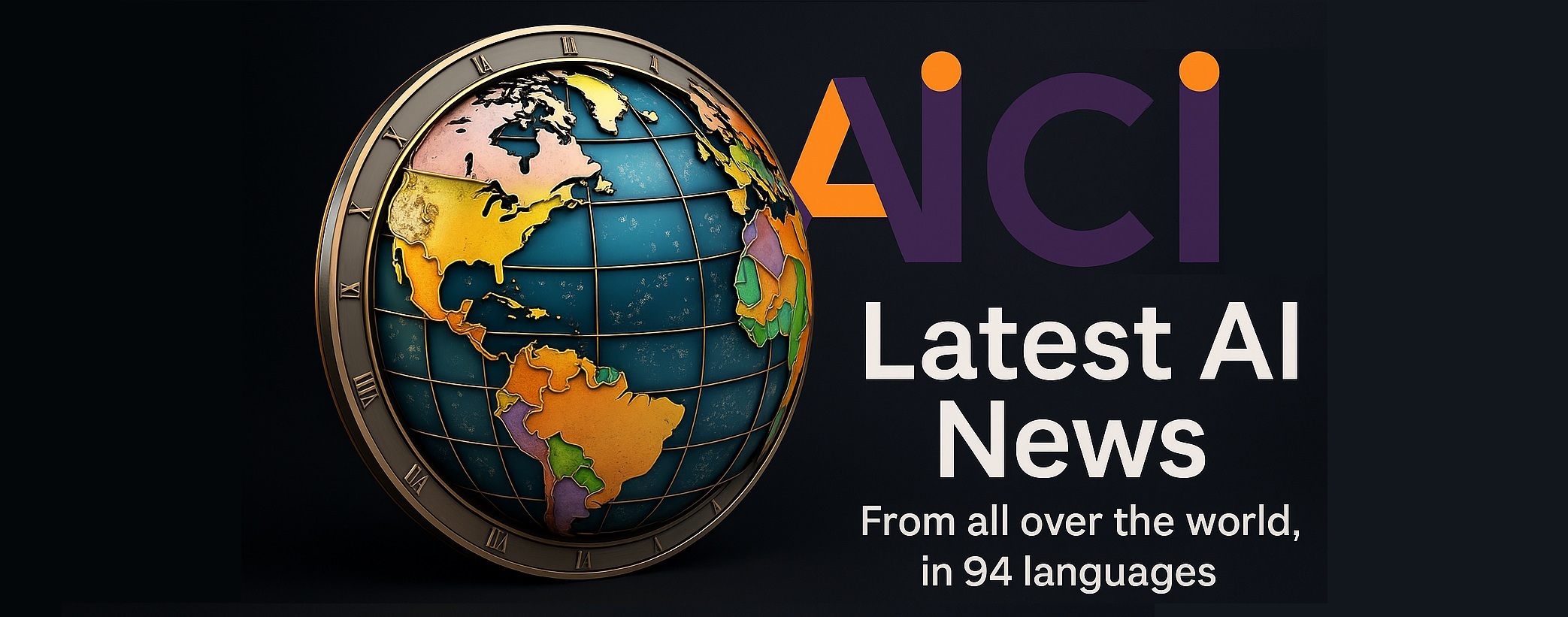August 7, 2025 - Governments and researchers are intensifying efforts to regulate AI technologies amid growing concerns about deepfakes and job automation. A new universal detector developed by scientists has achieved 98% accuracy in identifying synthetic videos, addressing a critical gap in misinformation detection. Meanwhile, policymakers are debating stricter guidelines for AI systems that displace human workers.
Dr. Emily Chen, lead researcher on the deepfake detection project, explained that the tool uses neural networks to analyse inconsistencies in synthetic content. “This breakthrough could empower media organisations and law enforcement to combat misinformation more effectively,” she said in an interview with New Scientist. The technology’s cross-platform compatibility makes it particularly valuable in today’s fragmented digital landscape.
These developments occur against a backdrop of escalating ethical debates. Advocacy groups argue that AI automation policies must prioritise worker retraining and social safety nets, while industry leaders push for lighter regulation to maintain competitiveness. The tension between innovation and responsibility is particularly acute in sectors like healthcare and education, where AI adoption is accelerating rapidly.
Our view: Proactive governance is essential to navigate AI’s dual-edged potential. While technical solutions like deepfake detectors offer hope, they must be paired with comprehensive policies that address systemic risks. A balanced approach – combining technological safeguards with social protections – will be crucial to ensuring AI benefits society equitably.

beFirstComment